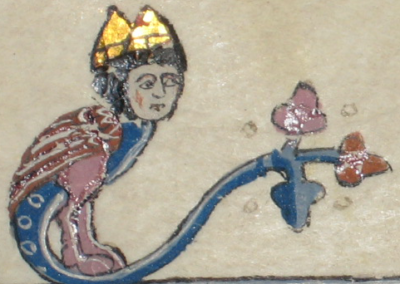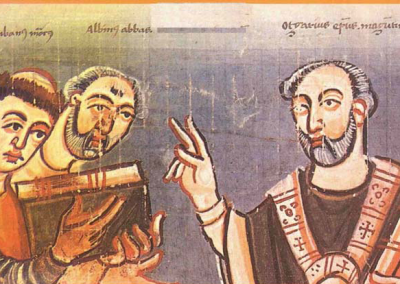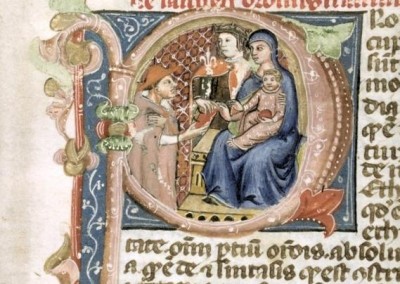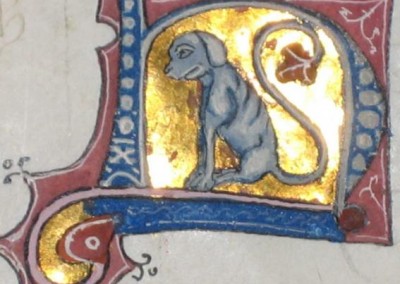FIDEM Annual Meeting 2015
Varieties of Readings of Medieval Sources
William of Conches, in his Glossae super Boethium (Nauta, p. 202, 90-93), states:
…de eadem re secundum diversas considerationes diversae inveniuntur expositiones. Sed non est curandum de diversitate expositionum, immo gaudendum, sed de contrarietate si in expositionibus esset …
What is the nature of the interpretative diversity of medieval sources? Given any character, theological, philosophical, literary, historical, musical or belonging to any other linguistic domain, how do they relate to the text? And do they, Greek, Hebrew, Latin, Arab or vernacular, allow the researchers to decipher the meaning the scholars found in the textual sourcein the Middle Ages? Why does the same text inspire different readings? What is the reason whywriting a medieval text is built on sources and why is this habit at the root of an entire tradition of interpretation? These problematics are interdisciplinary and can be identified in all domains of the medieval age. They address each specialist on the texts he studies pertaining to the Middle Ages or to the setting of this era.
The objective of this meeting is to provide an analysis on the variations of these interpretations, on the diffusion of such a conscience and on its importance for the intellectual life of the Middle Ages.
Centre for Ancient and Medieval Philosophy
The Centre for Ancient and Medieval Philosophy was founded back in 2004 and assembled researches concerning editions, translations in Romanian and commentaries on works inancient and medieval philosophy. The most representative results of these researches reflect in the 25 bilingual volumes of the ‘BibliotecaMedievală’ Collection and in ‘Chora’, a journal for ancient and medieval studies (in collaboration with ‘Centre Léon Robin’ of the Paris University IV), both published by Polirom Publishing House, Iaşi.
Presentation of papers
Specialists looking to participate in the colloquium and willing to give a presentation must submit an abstract of their speech (it must not exceed 20 minutes) at the following address: fidem2015@gmail.com. The deadline for subscriptions is March 31st, 2015. Abstracts (10-20 lines) must be sent in Word format.
Participation scholarships
FIDEM scholarships will be available for researchers (min. 25 years old) in order for them to participate at the meeting. Applications for this scholarship must be sent to the Secretariat of the Colloquium before April 15th, 2015. They will include: a complete curriculum vitae, a motivation letter and a recommendation letter from a professor.
More information
Further information concerning the Colloquium will be available here and on the Centre for Ancient and Medieval Philosophy’s website.
Proceedings
The lectures that will be selected after the Colloquium will be published in the FIDEM Textes et Études du Moyen Âge Collection distributed by Brepols.







